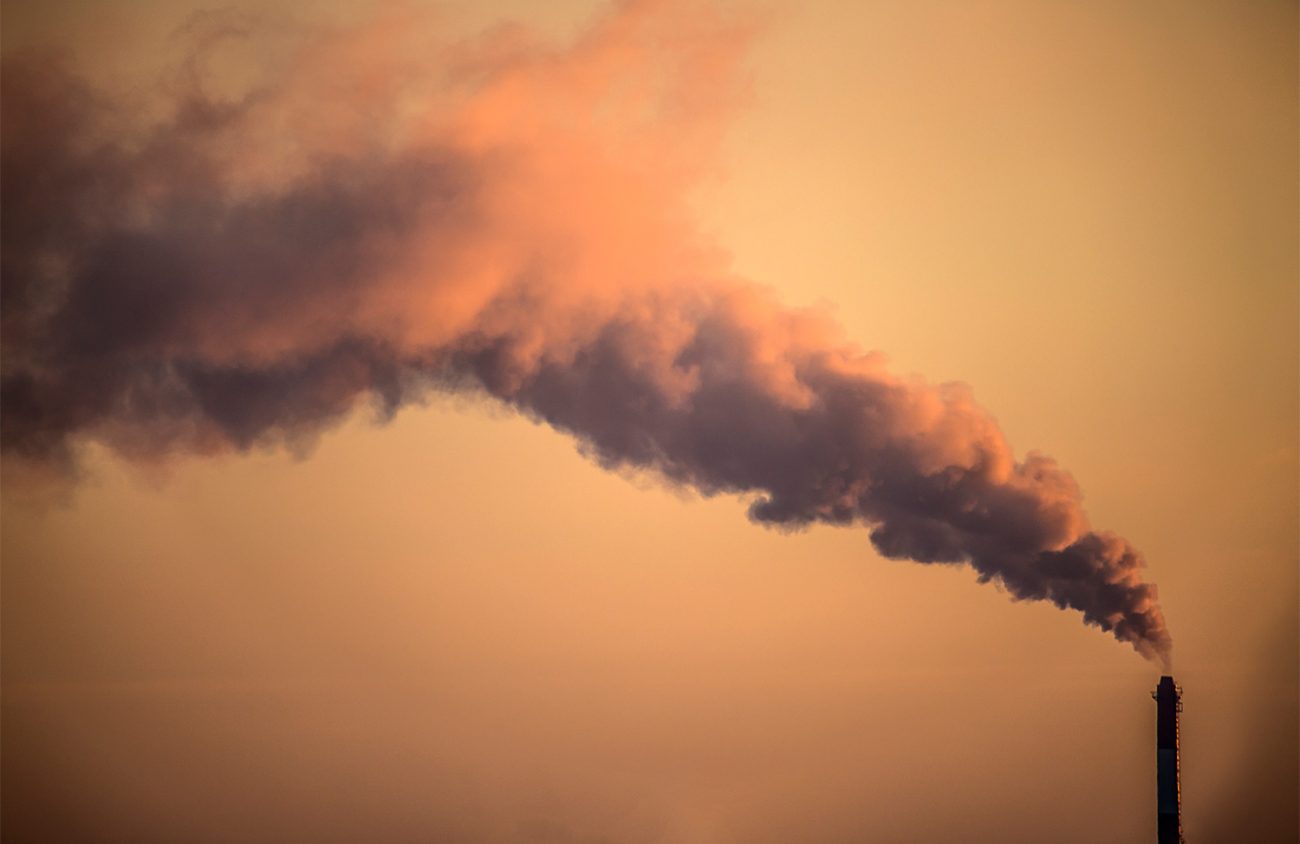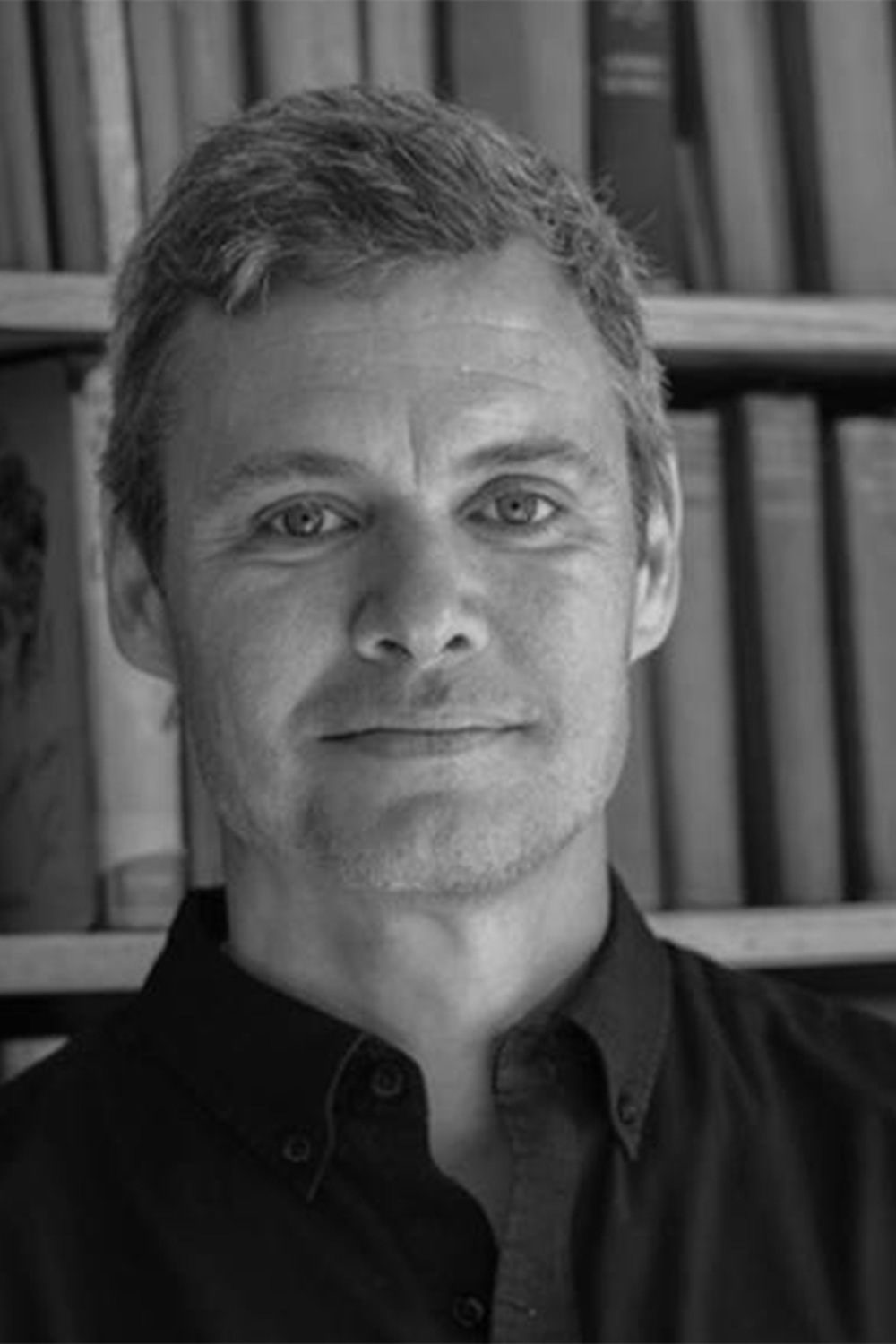by Malachi Murphy
We have a crisis on our hands. The planet is warming, which is destroying natural systems across the globe. Each year we ask ourselves, what can I do? Here are the spoilers: You and I are not killing the planet, the businesses where we buy our fuel, food and manufactured goods from are. However, even if fate is not all in our hands, we have a couple cards still to play.
As first noted by the Carbon Disclosure Project (CDP) in its 2017 Carbon Majors Report, 71 percent of all CO2 emissions come from just 100 companies. If this sounds like a pretty major bummer for you, don’t sell your Prius or give up on veganism just yet.
Human contribution to climate change is hard to quantify, but a study from the University of Almería in Spain suggests individuals contribute about 20 percent of the global carbon dioxide emissions, though some people’s actions may be pulling more weight than others.
If today is your wake up call, here’s the basics:
Allen Thompson, professor of environmental philosophy and ethics at Oregon State University, recommends a good first step to becoming eco-conscious: an online CO2 footprint calculator. These tests usually take about 25 minutes and will show you how big of a problem you are, hopefully prompting the correct level of grief and guilt, after which you can start going green.
In Eugene there are lots of environmentally minded individuals participating in simple actions such as switching to water saving faucets, driving hybrid cars and cutting out meat from their diets. Thompson used hybrid cars as an example, saying they save on gas and create less emissions. He also remarked about how the large scale commercial raising of animals for meat creates a significant portion of emissions, so cutting meat out of your diet can create a lesser demand for these products.
Do not be fooled into thinking this is enough. Thompson tries to remind everyone that individuals alone are not going to fix the planet’s climate.
“We like to ‘check the box’ and then believe we are done with our role,” Thompson says.
Although he discourages people from taking the easy way to moral rest, Thompson still believes the actions of a person preaching environmental justice should align with their beliefs.
In the process many people become apathetic, and with little changing in federal politics they lose their hope. Thompson is currently writing a paper on the purpose of hope in combating what he calls “climate apathy.”
“It is your moral duty to remain hopeful for this unknown future,” he says, “although my belief is that a lot of change we are going to behold is already locked in.”
This may seem like a big ask of people with little to work with, but Thompson makes sure to separate broad and unattainable hope from precise and measurable hopes. Just like setting goals for yourself, accomplish the small stuff and the big stuff will follow.
Thompson goes so far as to say that to hope for things to stay the way they are now is delusional, but to hope that we can save the spotted owl, for example, is more realistic and possibly more important. These small successes promote psychological well being and keep us hopeful another day longer.
Luckily, in Eugene there are many institutions for us that create hope. From bicycle delivery companies like Cascadian Courier Collective or Pedalers Express, to for-profit recycling businesses like PakTech and public infrastructure like the EmX, you might think we are exemplifying the greener future. However, there is always more.
Once you have learned to turn off your lights when you leave the room, Sophia Trotter, a local member of the Eugene Sunrise Movement, has a more advanced lesson. She says individuals should get organized and become activists locally.
“I was there once,” she says of the days before she became an activist. “But once I got involved, it has given me a purpose, more so than voting or anything else has.”
The Sunrise Movement may just be one avenue for a new activist to get involved with. Trotter suggests that people looking to be more involved start with just a few close friends, and make it a point to participate in public forums and hold local politicians accountable.
“What gives you hope and causes real change is here, at the grassroots level,” Trotter says.
The Climate Change 2020 special section was funded by Alvin Urquhart and Art and Anita Johnson

